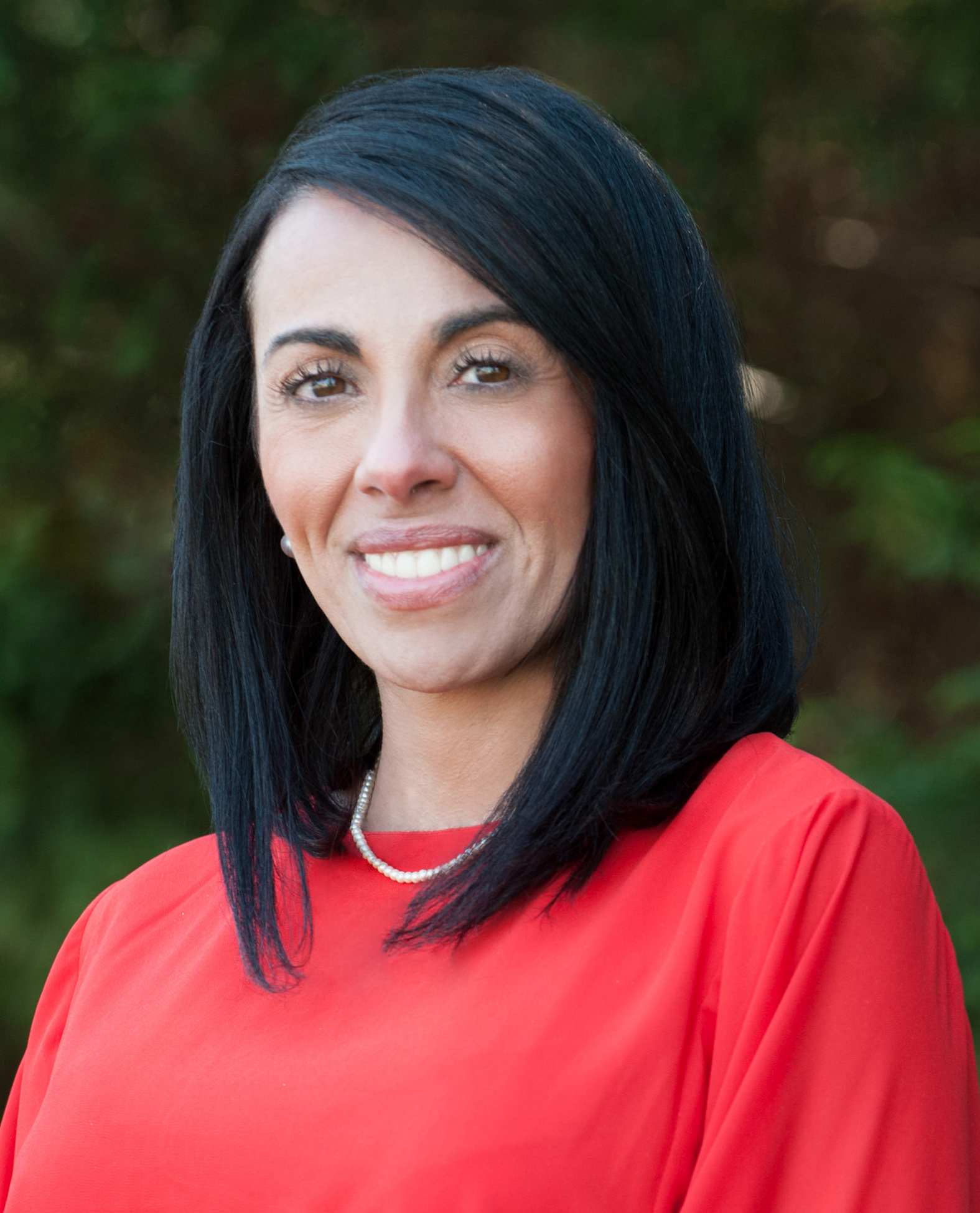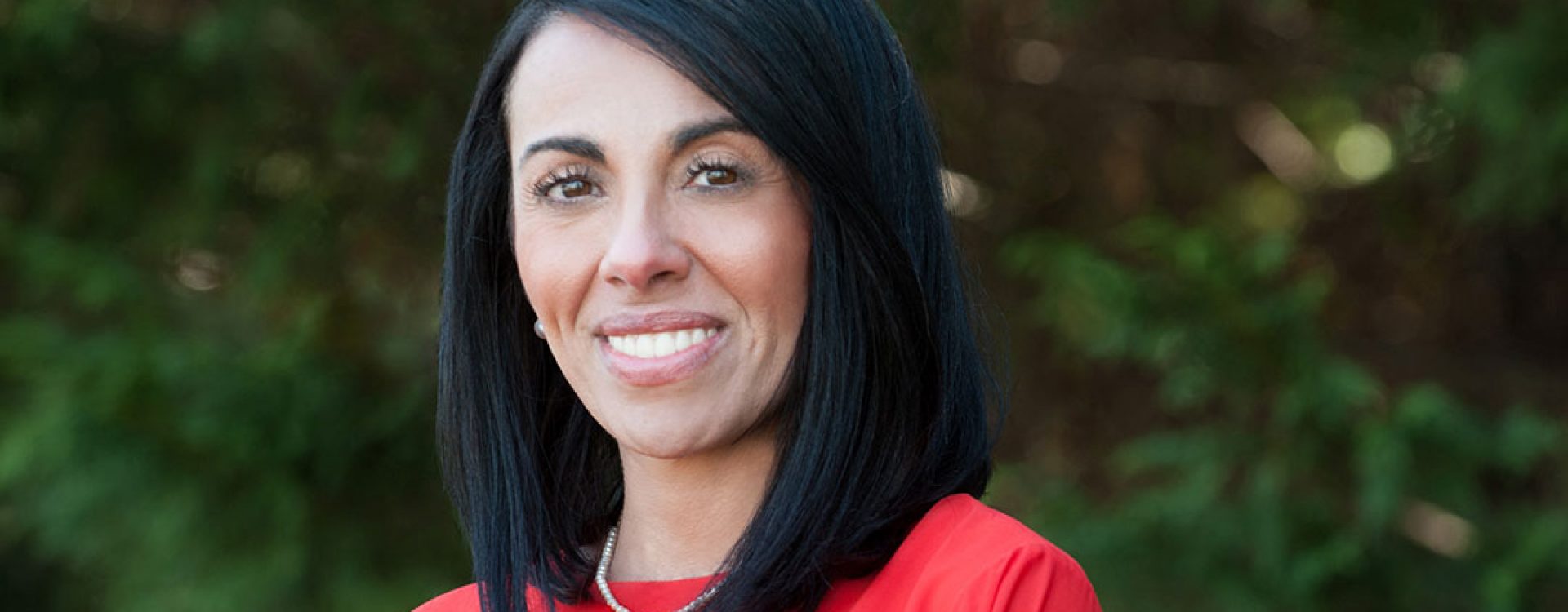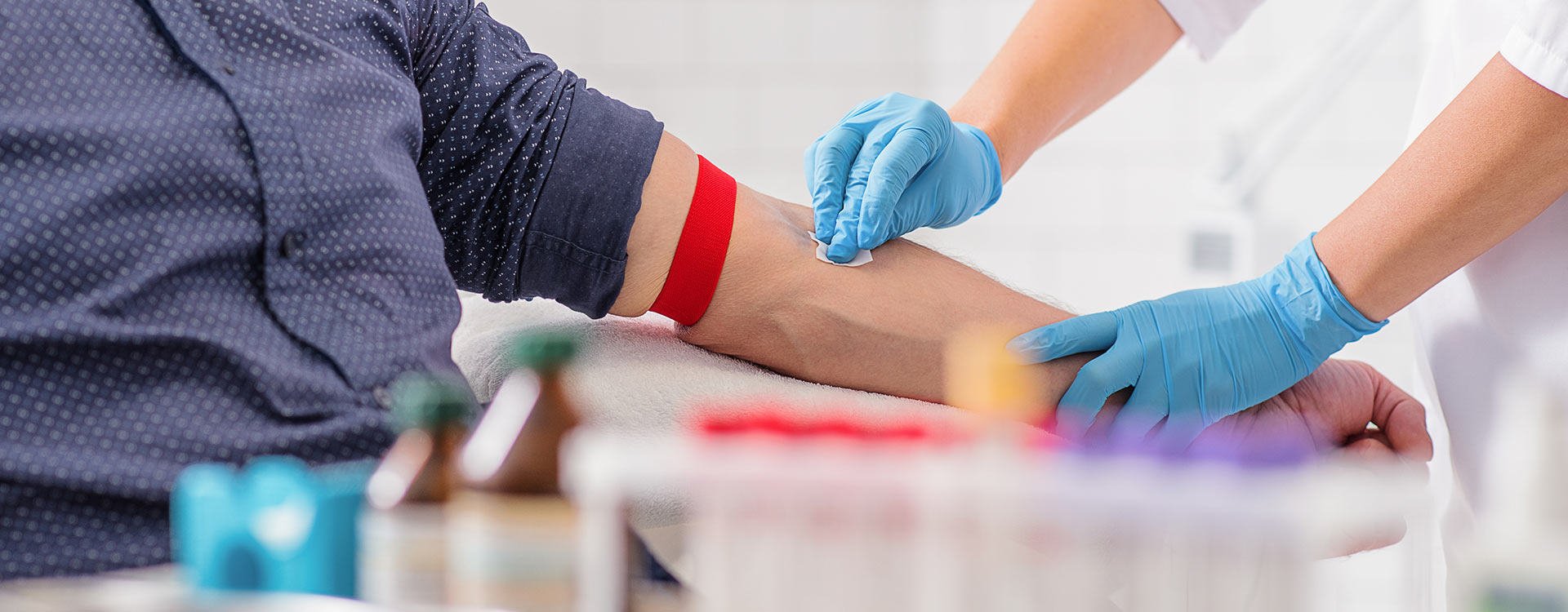Vanessa Ines Molina Perez, FNP-C, APRN, MSN, BSN, CNOR, with Pardee Cancer Center Breast Surgery, discusses what you need to consider and prioritize about your breast health.
Understanding Breast Cancer
What are the common signs and symptoms of breast cancer?
Most breast cancer is identified on screening mammograms and is usually asymptomatic. However, women must look for any changes in the aspect of their breast regularly, including but not limited to – swelling, redness, a mass or lump in the breast, changes in the aspect of the skin of the breast, dimpling, nipple redness, retraction, nipple deviation, inversion or nipple discharge. Changes in contour or size of the breast, swollen or enlarged lymph nodes in the axilla may signify metastatic breast cancer.
Simply looking in the mirror after a shower is a good way to identify the signs for a visual examination. Performing monthly manual self-breast examinations can also help identify abnormalities that warrant further evaluation.
What screening options are available for detecting breast cancer?
The recommended screening tool for breast cancer is a yearly mammogram. These can be done easily and fairly quickly, including at Pardee’s breast center and with Mammo on the Go. An annual mammogram is covered by insurance yearly for women over the age of 40 or earlier in high-risk patients.
For women who have dense breast tissue, a supplemental ultrasound or ABUS is recommended and can be ordered by your breast specialist, primary care provider, or GYN.
What are the risk factors for developing breast cancer?
There are a number of risk factors for breast cancer, including obesity, a diet high in fat, sedentary lifestyle, tobacco use, and excess alcohol consumption. Modifying these lifestyle factors may help reduce the risk of breast cancer.
Having a genetic predisposition for cancer is a nonmodifiable risk factor. Numerous genetic mutations place women at high risk for breast cancer (not just BRCA1 and BRCA2). There are now over 10 genetic mutations that place women specifically at high risk for breast and ovarian cancer. Women who have a family history of breast or ovarian cancer should be tested for these genetic mutations.
Women with a strong family history of pancreatic, colon, renal cancer or melanoma should also talk to their primary care provider about screenings and genetic testing. Dr. McAlister and I test patients who qualify for genetic testing, which can in turn help guide additional cancer screenings for themselves and their families.
How does early detection and intervention impact breast cancer survival rate?
Identifying breast cancer at an early stage helps save lives. Early detection is key in the treatment and prognosis of breast cancer patients. Most breast cancers are slow growing, which is why guidelines recommend an annual mammogram. Research suggests that one year is a safe time frame lapse between screening mammograms.
What is the role of a breast specialist or oncologist in the treatment of breast cancer?
The surgical breast oncologist is a board-certified breast surgeon who manages a patient from diagnosis to postoperative treatment. Following biopsy and initial diagnosis, a breast surgeon is usually the first physician the patient encounters to discuss the course of their treatment, including radiation and systemic treatment.
What are some common misconceptions about breast cancer?
- Only women can have breast cancer. Statistics show 1 and every 8 women will develop breast cancer in their lifetime, however, 1 in every 100 men will develop breast cancer.
- Breast pain is a sign of breast cancer. Interestingly, breast pain is usually not a common sign of breast cancer, while breast cancer must be ruled out as a possible cause, most breast pain can result from anything as simple as an unsupportive bra, use of underwire, changes in hormones, benign breast cysts etc.
- Consuming sugar causes breast cancer. While sugar is not known for its health benefits it does not cause breast cancer. Experts encourage patients to reduce or limit sugar intake because it can be addictive and contribute to obesity which is a risk factor for the development of breast cancer. However, sugar itself does not make cancer develop or help tumors grow, some hypothesize.
- Underwire bras can cause breast cancer. No matter what type of bra you wear, bras do not cause breast cancer.
- Deodorants and antiperspirants can cause breast cancer. According to the American Cancer Society, there is no conclusive evidence linking the use of underarm antiperspirant or deodorant and the development of breast cancer.
About Vanessa
What led you to pursue a career in breast surgery?
I have been in nursing for over 20 years with my primary goal to become a nurse practitioner. Throughout my career, I’ve sought opportunities to care for patients across the lifespan, including neonatal intensive care (NICU), medical surgical and orthopedic units, intensive care, wound care, home health, and long-term care. I found a passion for surgery, where I spent over 12 years as an assistant, circulator and charge nurse.
I began practicing at a local family practice after receiving my graduate degree. Being the only female provider allowed me to care for many women and perform well woman exams and screenings. I developed a passion for women’s health, and when Pardee called with an opportunity in breast surgery I found a perfect way to match my surgical background with my family practice knowledge and passion for women’s health.
Do you have any personal or professional goals you want to pursue?
Most definitely! I am currently working on obtaining an advanced practice provider certification through the American Society of Breast Surgeons in breast care. I will be the first Nurse Practitioner in Western North Carolina to hold this certification.
I have visions for growth of our breast program and cancer center as a whole and will continue to seek opportunities to increase my knowledge and expertise in breast care.
What are some of your hobbies or interests that help you recharge and bring a unique perspective to your work?
I am a knitter, spinner and fiber enthusiast! I truly enjoy the process from raw wool to spinning, dying and knitting a garment or knitted item. Fiber festivals are a destination for me!
I enjoy sharing my passion with others and recently started a knitting group at Pardee Cancer Center called the “Blooming Poppies”. My time for fiber fun is quite limited these days, however, I try to find opportunities in my day to hear the clicking rhythmic, meditative movement of the needles in my hands as a way to bring peace to my hectic days.





